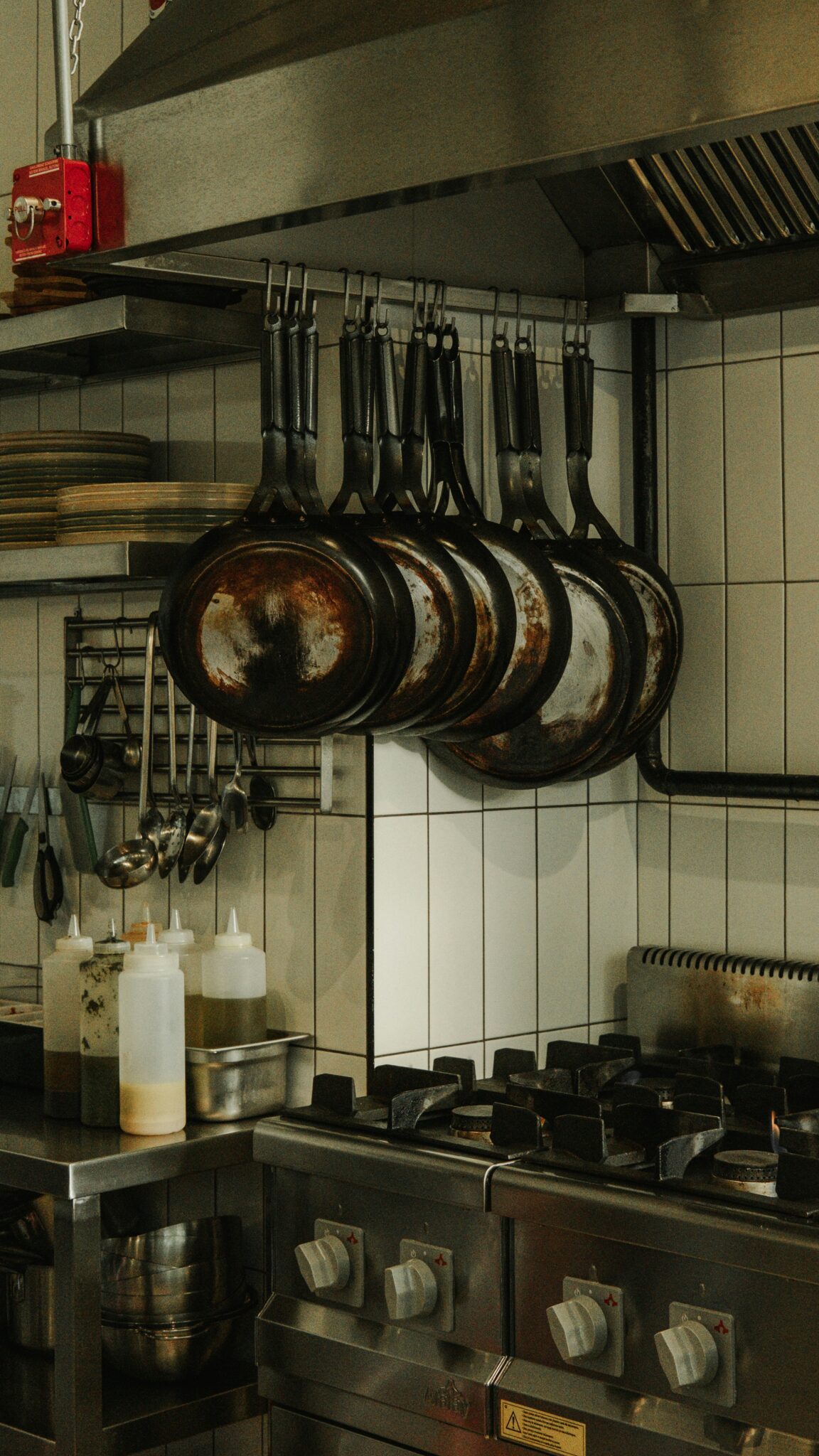
Esther Ritchin is a student at Harvard Law School.
In today’s News & Commentary, worker interviews raise concerns about the enforcement of California’s new indoor heat protections, SAG-AFTRA celebrates the progress of an AI regulation bill in California, and preventable trench collapses threaten worker safety.
California’s new indoor heat protections went into effect about four weeks ago, but, according to reporting by the LA Times, many workers are unaware of the new standards, and many employers are failing to abide by them. The LA Times interviewed several workers, including a Taco Bell employee, a dishwasher, and a commercial laundry worker, all of whom struggled with severe heat in their workplaces. The Taco Bell in question went on strike after the worker interviewed nearly fainted at work, and only learned of the new protections when they filed a complaint. According to the LA Times, the new protections were mostly being observed in workplaces where these protections were included in union contracts and in industries where these types of protections were already standard. These new protections come at a time of concern about Cal/OSHA’s capacity to enforce California’s outdoor heat protections.
The Screen Actors Guild – American Federation of Television and Radio Artists (SAG-AFTRA) is celebrating the California Senate passing a bill that would regulate the replacement of human performers with artificial intelligence. The use of artificial intelligence instead of human performers has been a major concern for the union for a long time, and this bill, which would ensure regulation in the state where many of their members work, has been a priority for the union. The bill will now land on Governor Gavin Newsom’s desk.
As infrastructure projects continue to soar thanks to federal investments, construction workers are increasingly working in trenches, resulting in worker deaths from preventable trench collapses. While the Occupational Safety and Health Administration (OSHA) requires employers to have a safety system for trenches deeper than five feet, the consequence of employers failing to do so is too often just a citation and a fine–too often after, not before, a worker death. According to reporting from Texas Public Radio, 250 workers have died in trench collapses in the past decades, and only 11 of those deaths have resulted in criminal charges for the employer.






Daily News & Commentary
Start your day with our roundup of the latest labor developments. See all
June 30
Antidiscrimination scholars question McDonnell Douglas, George Washington University Hospital bargained in bad faith, and NY regulators defend LPA dispensary law.
June 29
In today’s news and commentary, Trump v. CASA restricts nationwide injunctions, a preliminary injunction continues to stop DOL from shutting down Job Corps, and the minimum wage is set to rise in multiple cities and states. On Friday, the Supreme Court held in Trump v. CASA that universal injunctions “likely exceed the equitable authority that […]
June 27
Labor's role in Zohran Mamdani's victory; DHS funding amendment aims to expand guest worker programs; COSELL submission deadline rapidly approaching
June 26
A district judge issues a preliminary injunction blocking agencies from implementing Trump’s executive order eliminating collective bargaining for federal workers; workers organize for the reinstatement of two doctors who were put on administrative leave after union activity; and Lamont vetoes unemployment benefits for striking workers.
June 25
Some circuits show less deference to NLRB; 3d Cir. affirms return to broader concerted activity definition; changes to federal workforce excluded from One Big Beautiful Bill.
June 24
In today’s news and commentary, the DOL proposes new wage and hour rules, Ford warns of EV battery manufacturing trouble, and California reaches an agreement to delay an in-person work mandate for state employees. The Trump Administration’s Department of Labor has advanced a series of proposals to update federal wage and hour rules. First, the […]